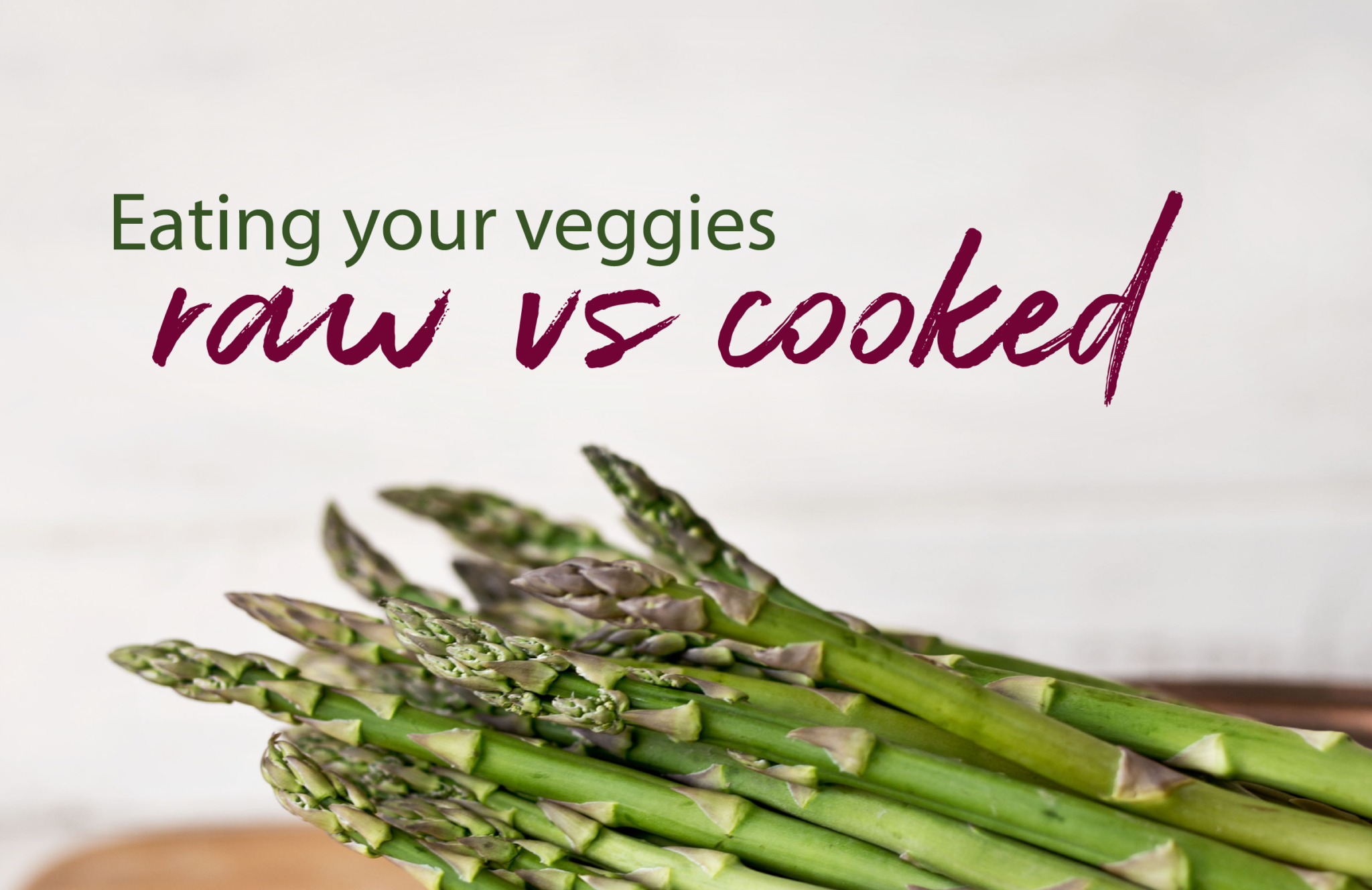Raw Veggies vs Cooked Veggies
The reason we eat vegetables is to get vitamins and minerals.
– and maybe because you’ve learnt to make brussel sprouts properly and actually LOVE the taste (thanks Gordon Ramsay).
When something is Raw vs Cooked – the Raw Vegetables need enzymes to help break them down (if you want to receive the full nutrients, your food needs to be digested properly). The PROBLEM is that a lot of people are missing the normal enzymes [things your pancreas produces] to break down fibres in hearty vegetables.
If you can’t break down the vegetables properly, you won’t get the full nutrients. In fact, those foods will then cause negative health symptoms like pain, gas, cramping, and so on.

Some of you might notice that certain vegetables, like broccoli, might create pain and gas where others, such as cauliflower, do not.
These aren’t necessarily allergies, it could be a missing enzyme that creates inflammation.
If a specific food is causing problems for you, investigate the cause.
How many times have we heard “Now that i’m getting older, I simply can’t eat… {fill in food here}”
Finding the cause of one problem will often lead to solutions to other issues.

If your stomach has low acid your body wont have the triggering effect to notify your pancreas to create enzymes. So this scenario would also result in missing enzymes that your body needs to break down raw vegetables. How do you know if you have low stomach acid? You might notice symptoms like indigestion, acid reflux, gurd, constipation, etc
Many people assume they have too much acid when they experience acid reflux, it is often LOW ACID so you may want to stop popping tums like candy and get that checked out.
If you can increase the PH in your stomach (acidify the stomach) you’ll see a positive benefit of the full digestion of your food.

Finally, you may have problems digesting food if you have low levels of good bacteria in the gut. 90% of the good bacteria in your small intestine does the digesting. If you don’t have that good bacteria then you’ll find a lot of excess bloating, fermentation, food rotting, and leaky gut symptoms.
The good bacteria are what create the enzymes to help break up strong vegetable fibres. In other words, they live on fibre.
If you’re not used to consuming kale, cabbage, etc regularly (maybe you’re eating iceburg lettuce or spring greens) and you make the switch to fibrous vegetables – you’ll notice an adjustment period. That’s because you haven’t yet developed the microbes for the more nutrient dense foods. The good bacteria in your gut need time to grow and adapt to your foods over a period of time.
If you change your diet to introduce more vegetables and you don’t notice positive changes (more energy, weightloss, clearer skin, etc) you may need to give your body more time to adapt. Our bodies are LIVING SYSTEMS, changes don’t happen with the flick of a switch.
An aggressive change (like all processed meals, to all whole food meals) will work for some but a gentler introduction of new foods will result in gentler side effects. Think cold water into a hot glass…. CRACK! It’s too much of a change at one time.
One gentler method is easing into your new diet with gradual introductions of healthier foods, another option would be COOKING YOUR VEGETABLES.
Cooking (like steaming or roasting) makes the food easier to break down while still getting all of the good minerals (with fewer vitamins than the raw version).
Fermented vegetables, like sourkrout and kimchee, are also easy to digest because the lactic acid from the bacteria which they’re made from, has already broken down the foods for you. Like pre-chewing (but less gross).
If you’re starting to change an unhealthy diet to healthy:
- Start with some raw veggies and some cooked.
- Listen to your gut. Your body will tell you if you’ve got too raw too quickly with bloating and gas.
- Raise the acidity of your stomach.
- Introduce a probiotic for healthy gut bacteria.
Thanks for reading everyone!
If you have experience transforming your diet from unhealthy to healthy, please leave us tips and suggestions in the comments below.

The Live Well Centre

